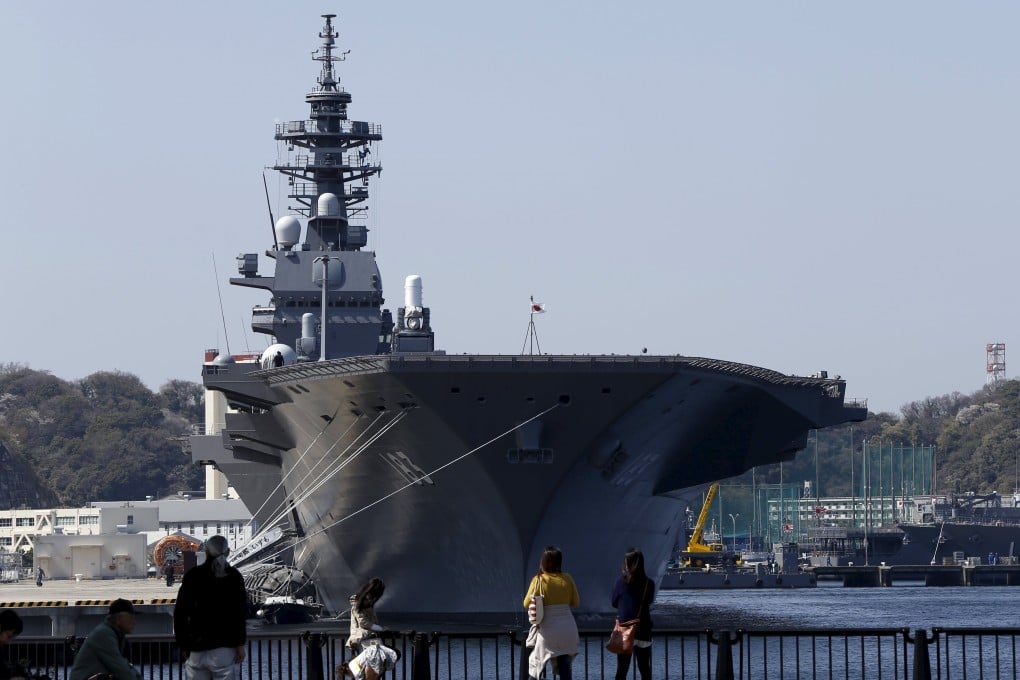US ‘targeting China’ in seeking more active role for Japanese navy in Pacific
America asks its ally for greater cooperation in regional exercises

The United States is hoping that Japan can quickly free up its navy to play a more active role in the Pacific, an appeal echoing its recent efforts to encourage the navies of Southeast Asian countries to unite and patrol the disputed South China Sea, where China has increasingly flexed its military muscle.
Vice-Admiral Robert Thomas, commander of the US Seventh Fleet, said on Thursday he expected revisions headed for approval in Japan's parliament would make it easier for the Japanese and US navies to cooperate more smoothly in the Indian and Pacific oceans and in "multilateral exercises across the region".
Japan, America's closest ally in Asia, has already shifted its defence priorities from its northern reaches near Russia to the East China Sea, where Tokyo and Beijing are locked in a dispute over a chain of uninhabited islands.
Analysts said China's military expansion in recent years, especially around sensitive waters in the South and East China seas, had not only unnerved Japan, but also the US, as was evident in a series of patrols and joint drills in those areas to warn Beijing against any military action.
"The series of US actions, including preaching to Japan and Southeast Asian nations about the need to help ply waters in the Pacific and elsewhere, are obviously targeting China," said military expert Arthur Ding Shu-fan, secretary general of the Taipei-based Chinese Council of Advanced Policy Studies.
He said that with the US sidetracked by developments in the Middle East and Ukraine, Washington needed help from Japan and Southeast Asian nations to keep an eye on China, especially in disputed waters such as those around the South China Sea.